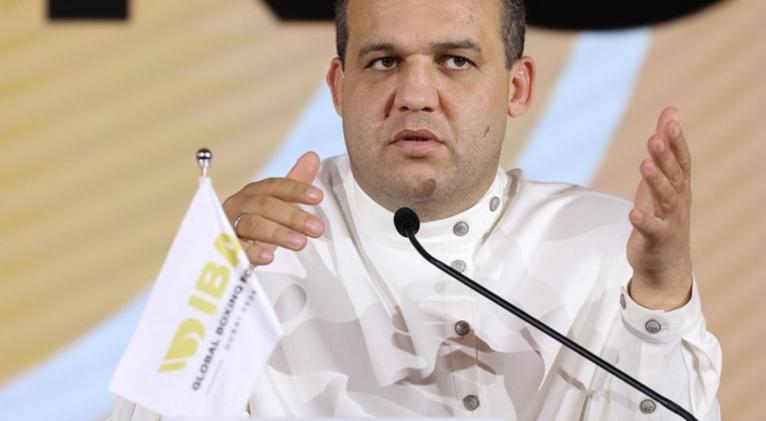IBA Congress in Dubai: Shaping boxing's future
especiales

The International Boxing Association (IBA) held its Ordinary Congress in the United Arab Emirates, approving constitutional changes, welcoming six new national federations and outlining ambitious goals for 2025.
After an electrifying Friday marked by stellar performances from Latin American athletes, including a knockout from Cuba's Arlen López and a solid performance from Venezuela's Yoel Finol, the activities of the International Boxing Association (IBA) continued with intensity in the UAE.
On Saturday, the luxurious Jumeirah Beach Hotel hosted a pivotal day for international boxing. The Global Boxing Forum began at 10:00 local time, followed at 14:00 by the IBA Ordinary Congress, the organisation's most important institutional event.
IBA President Umar Kremlev opened the session with a speech reviewing the achievements of 2024, reaffirming the Association's commitment to athletes and highlighting ambitious goals for 2025.
He was optimistic about the IBA's role in the Olympic Games, despite the uncertainty surrounding the leadership of the International Olympic Committee (IOC): "The Olympics have always been there and boxing has always been part of it, even in 2028. When people try to scare you and say it won't happen and try to move small national federations from one side to the other, I want all federations to stay true to us."
The Congress agenda included the approval of the minutes of the previous meeting and a report from IBA Secretary General and CEO Chris Roberts OBE. Roberts highlighted the achievements of 2024, such as the "IBA Champions' Nights" and the World Youth Boxing Championships in Budva, Montenegro.
He also highlighted the impact of the Financial Assistance Programme, particularly in Africa, and announced plans to expand key collaborations and improve professional boxing training in 2025.
A key moment was the admission of six new National Federations, which were overwhelmingly approved and recognised as permanent members: New Zealand, Australia, Brazil, Czech Republic, Germany and Sweden.
Constitutional changes reflecting the IBA's new approach were also approved. These changes included a relaxation of the rules on dual membership in international boxing organisations, allowing athletes to compete in events such as the Olympic Games, with decisions to be considered on a case-by-case basis by the Board.
Mechanisms for expedited provisional membership in the event of resignations have been introduced and the Board has been given the power to temporarily suspend confederations for serious breaches of IBA rules. Confederations must ensure that all external activities are in line with IBA policy, and any constitutional changes must be approved by the Board in order to meet the organisation's standards.
In addition, the Board can ask a federation to hold elections for a new President if the position becomes vacant, with the process to be completed within three months of the request.
Kremlev closed the Congress by stressing the importance of keeping boxing as a unifying force, free from political influence: "In the IBA we respect all people regardless of their origin and we will not interfere in any country. On the contrary, we must support all athletes. In 2025 we will be five times better than in 2024".
With audited accounts approved and a solid financial balance, the event concluded by reaffirming IBA's position as a leader in global boxing development and laying the foundations for a promising future.














Add new comment